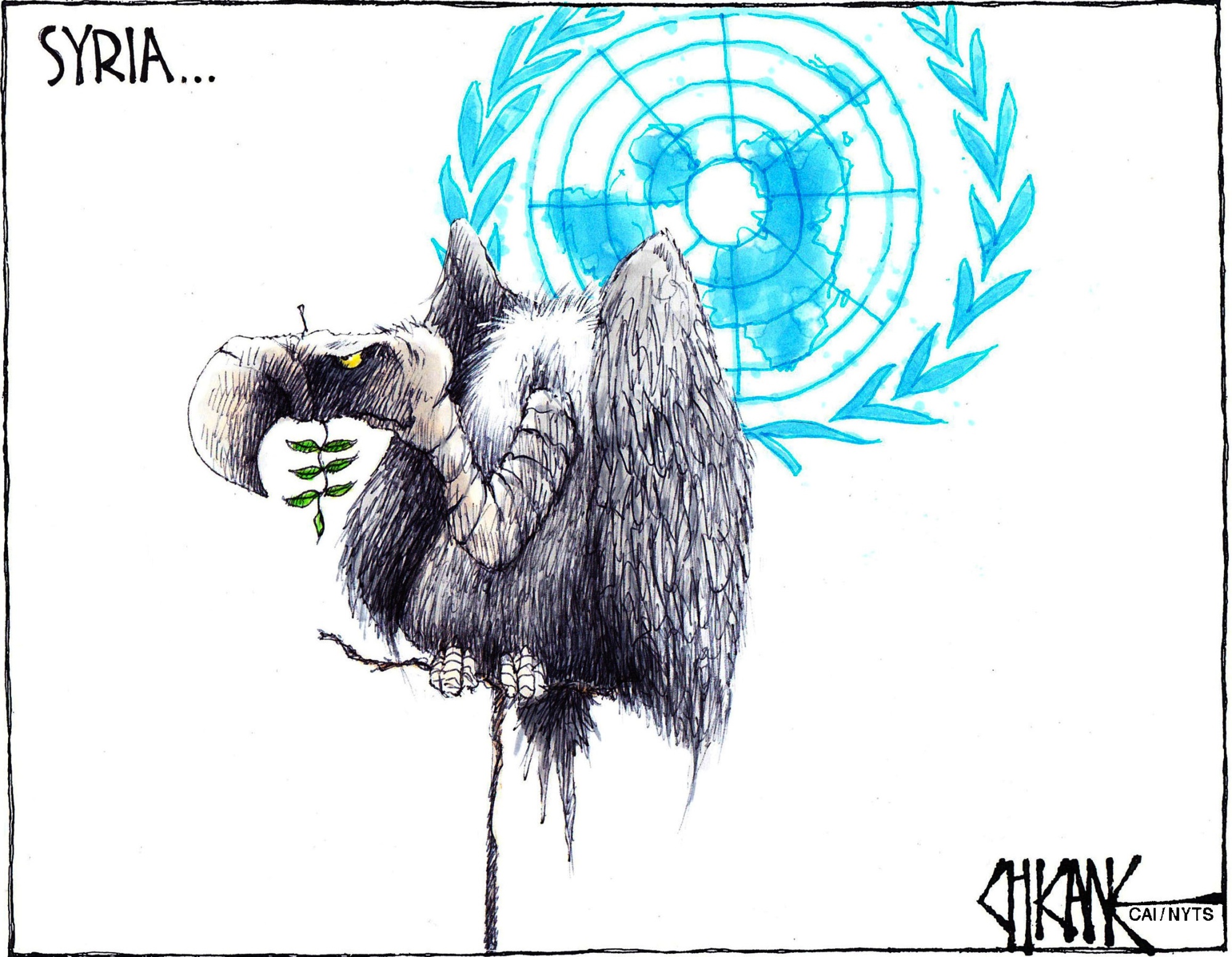For the last five years, U.S. policy on the Syrian civil war has revolved around supporting the United Nations' efforts to find a political accommodation between the main combatants in the war — and reminding anyone who will listen that only a political resolution will end the grinding conflict for good.
Unfortunately, the policy hasn't kept pace with military reality. President Bashar Assad's position on the ground is better than it has ever been; he has no incentive to do what the international community wants — to end the carnage and eventually transition out of the presidential palace.
That means a new strategy is required, one that recognizes that if a political solution was not attainable in the past it's highly unlikely to be attainable in the future. Instead, the United States and its partners should do what they can to freeze the conflict in specific geographical areas, just as the U.S., Russia and Jordan successfully did in southwestern Syria several weeks ago.


















With your current subscription plan you can comment on stories. However, before writing your first comment, please create a display name in the Profile section of your subscriber account page.